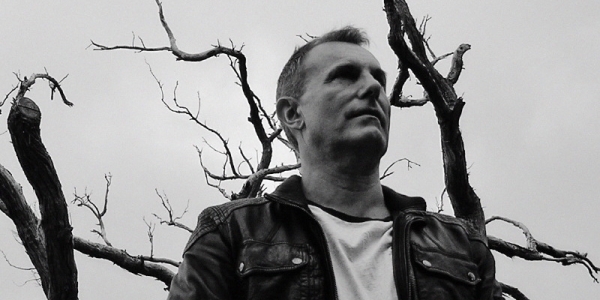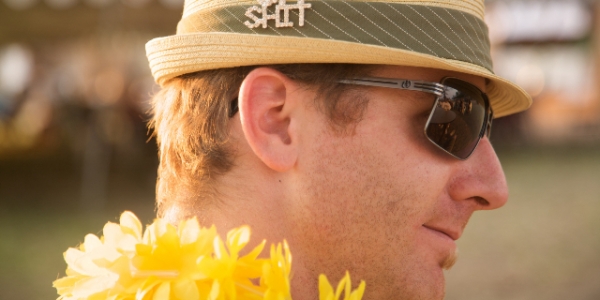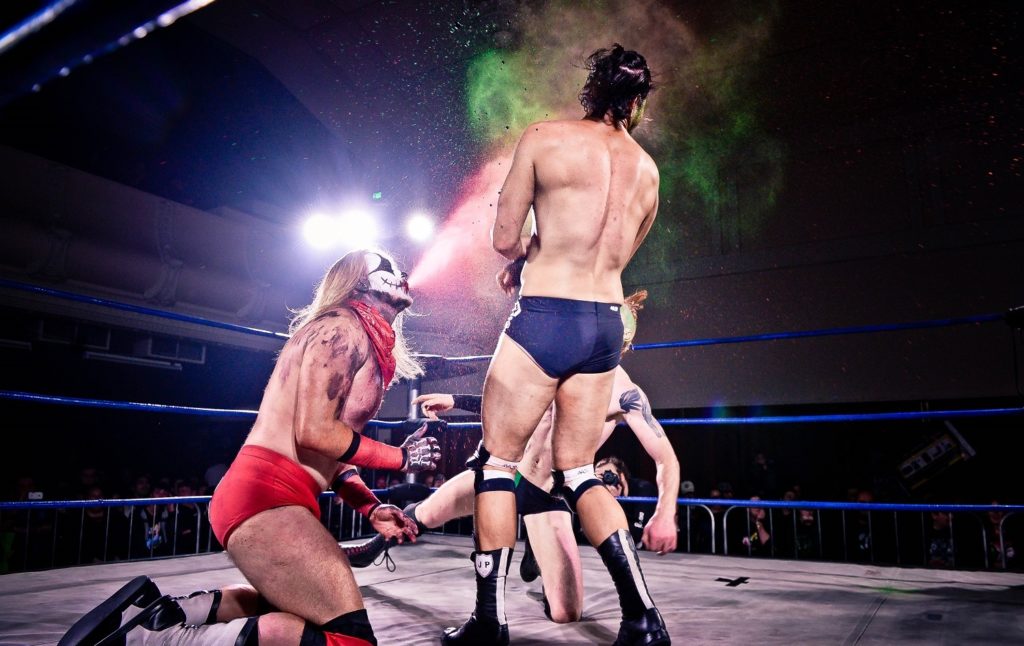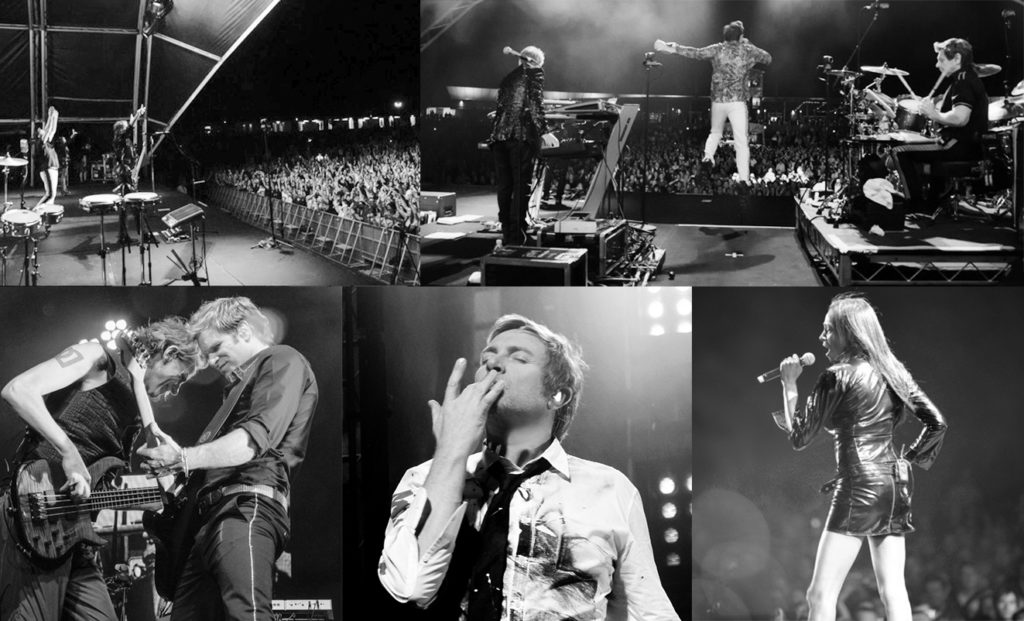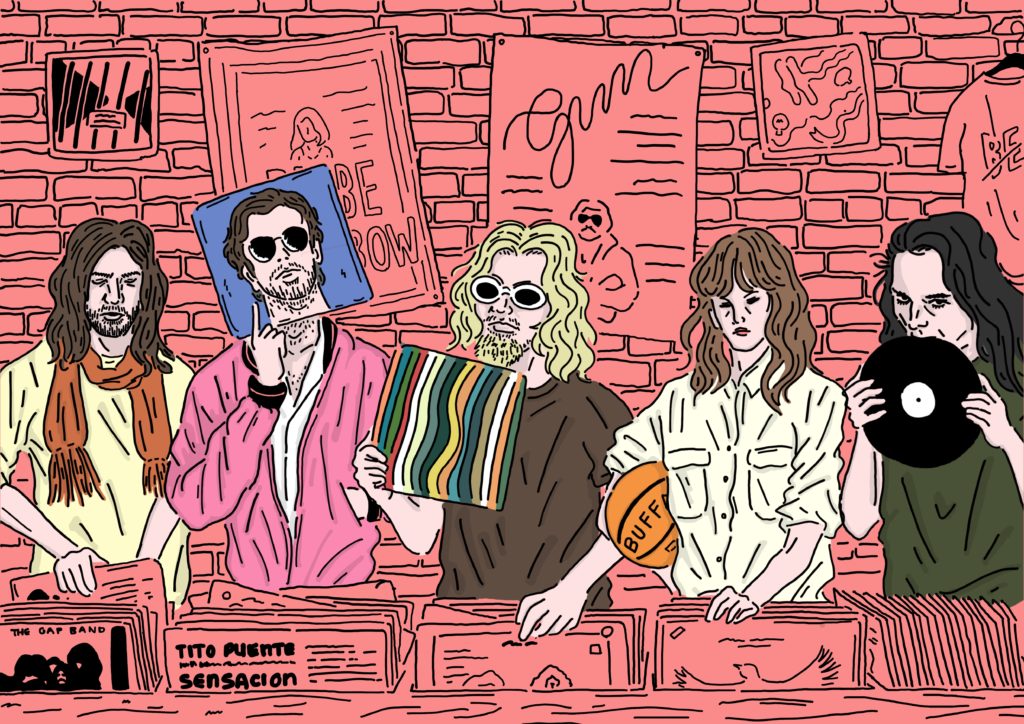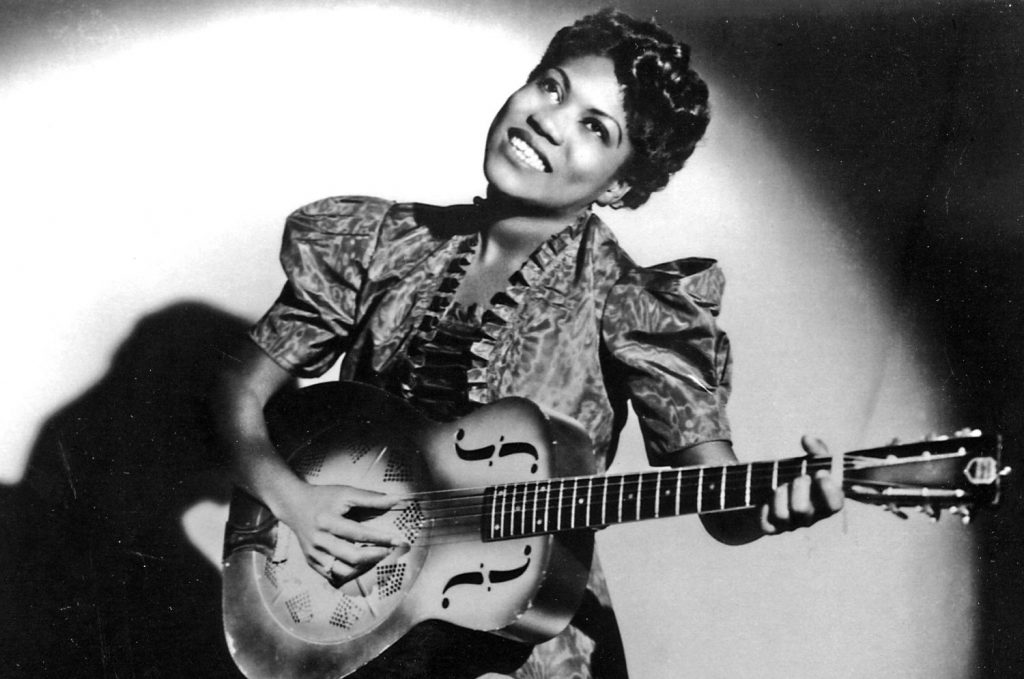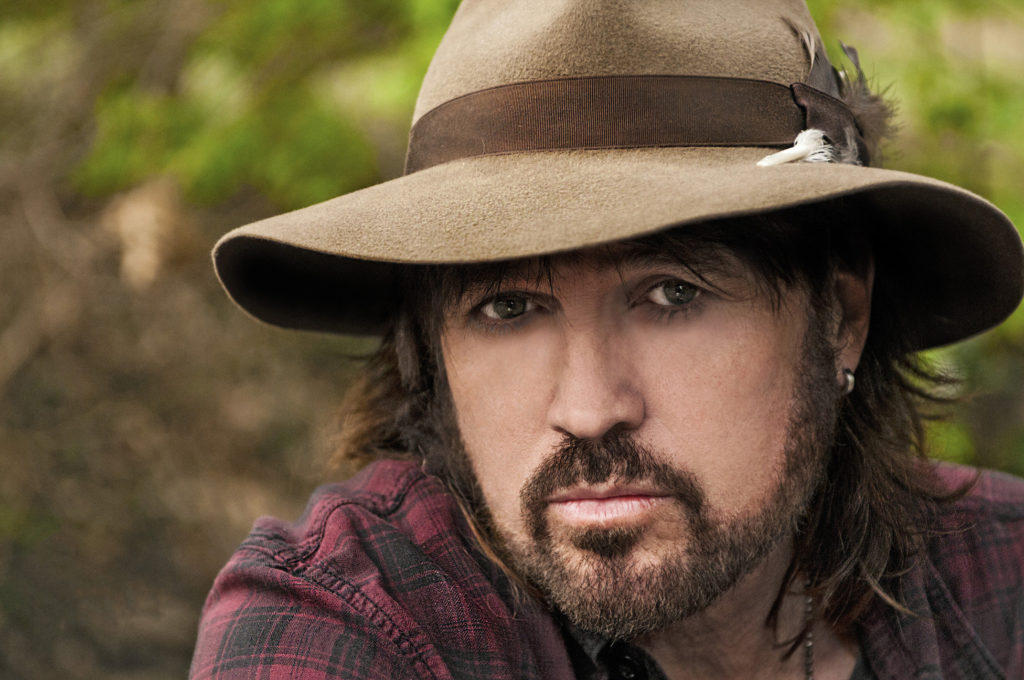Reyne shot to stardom in the ‘80s with his band Australian Crawl and once they disbanded things only got stronger from there. He’s released over 12 solo albums (including live releases) and continues to deliver material on a regular basis. Despite all of his success, Reyne’s love of music has meant that he’s never just rested on his laurels. “I’m always doing live things, I’m always writing and working on songs,” Reyne says with his no-nonsense tone, when asked how he’s kept motivated all these years. “Because I like doing it, it’s easy to keep motivated, you know? It’s like anything, some days you love doing it and some days you absolutely hate it. But that’s the same with any job. There are those silly little, petty little, bullshit things that happen that you wish you didn’t have to deal with but you do, and funny little pissy people that you deal with that you wish you didn’t have to but…” he trails off at the end.
Reyne released Thirteen last year and is getting ready to once again join the lineup of Between The Bays. “I’ve been vaguely involved in the festival for the whole time,” he says. “They support the Penbank School and my daughter was a student there, and I remember when they first decided they wanted to have [the festival] they spoke to me and said ‘Do you have any pearls of wisdom you can throw our way?’ So I sent some people down to speak to them. They were very realistic in the way they set it up and they still are. This is the third or fourth time I’ve done it,” he says, answering a further question of what motivates him to join a festival lineup in the first place. “But with other festivals, if you get asked to do a festival you just do it. It’s like any gig, you get asked and you do it.” There it is: those simple, no bullshit answers. There’s no waxing lyrical on emotional motivation or moral alignment, “you just do it”.
Reyne will be playing with his full band at Between The Bays, a group of musicians that he’s worked with for a long time. “It’s not just about working with people musically; there’s a whole other side to being on the road with people,” he explains. “You’re away from home for anything from two days to five to even more. You want people you can get along with, you know? You respect each other’s space, you know how to work with each other and essentially live with each other. You want people who are like-minded and that’s the most important part. You can have the best musician in the world playing with you but if they’re a dickhead on the road you don’t want to know about them. We used to have an expression: ‘If you start to hate the way someone eats their eggs in the morning, get rid of ‘em’.”
When someone like Reyne has been in the music industry during its most turbulent time, it would be remiss of anyone not to ask both how he feels about the industry today and whether he feels it is the financially viable career it once was. “I think if you have a big hit you’re going to make some money, and if you have a worldwide hit you can set yourself up for life, if you’re smart about it,” he says. “But I think there are just so many people making music. So many people want to be in that world more than ever, because it’s just so available and there are so many outlets for it; there are kids in primary school with bands, so many people want to have a career in show business [and] it’s not going to work for all of them. 10% of any genre of show business is usually going to be brilliant and 90% of people are just pretenders. At the moment, it’s the bands trying to be like Mumford & Sons, the butcher shop boys. I wish they’d all go listen to Pentangle or the people that were doing it for real in the late ‘60s.”
BY KRISSI WEISS
